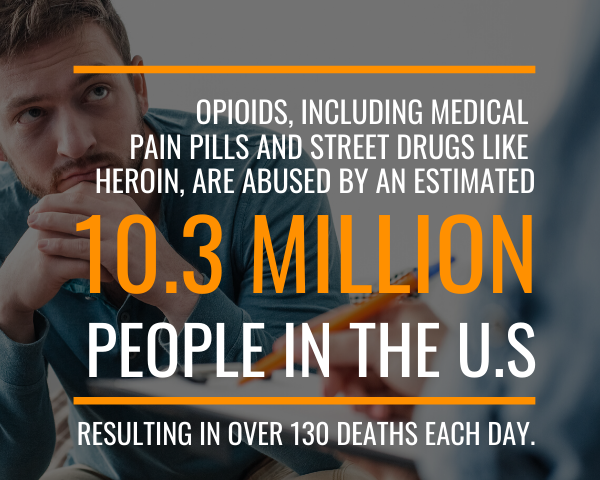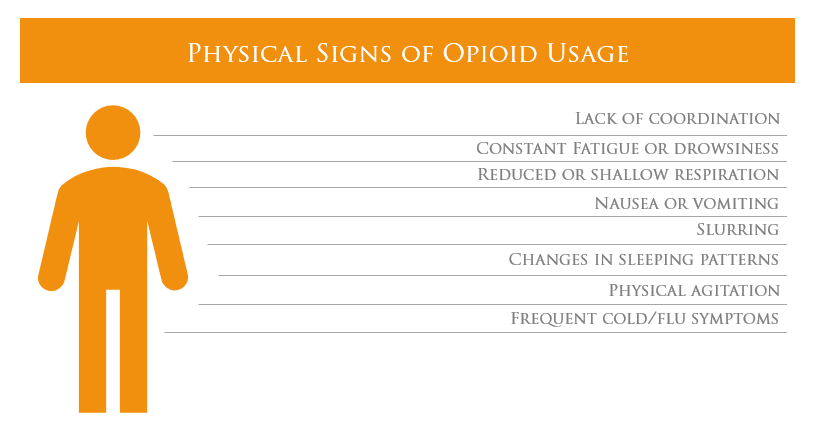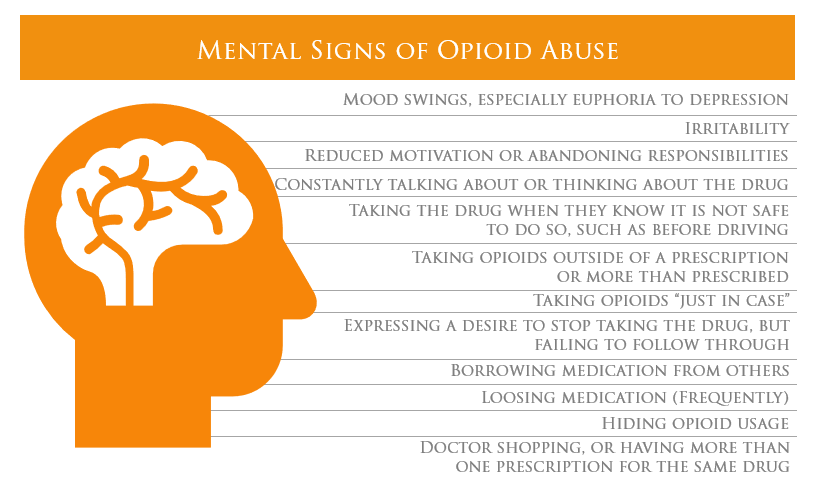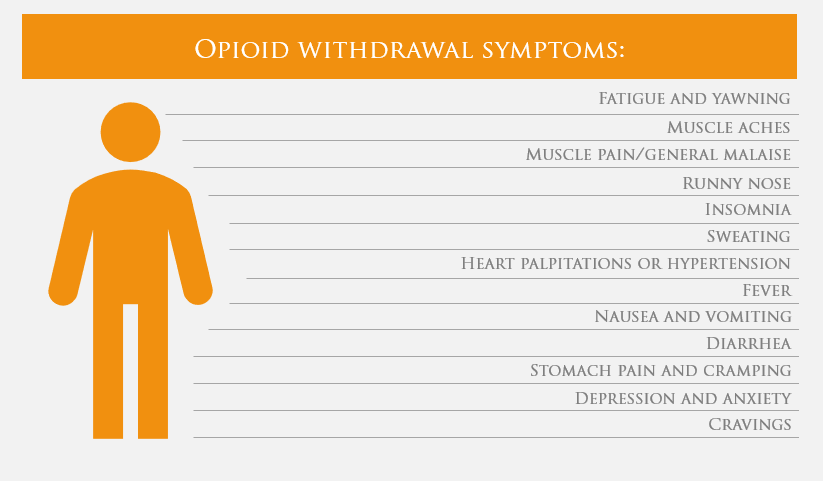
Opioids are one of the most common medically prescribed drugs in the world, with over 168 million opioid prescriptions written in the U.S. in 2017. Opioids, including medical pain pills and street drugs like heroin, are abused by an estimated 10.3 million people in the United States, resulting in over 130 deaths each day. The National Survey on Drug Use and Heath shows that 2 million people struggle with opioid use disorders, also known as opioid addictions, resulting in 47,600 deaths in 2018. Today, the World Health Organization recommends opioid prescriptions be kept under 5 days, but, historically, patients have been sent home with months of prescription pain killers and only limited risk management.
If you or a loved one is struggling with opioid abuse or addiction, there is the Gooden Center is here to help. Opioid addictions are rooted in chemical dependencies, behavioral addictions, and often in self-medication and pain management.
Opioid Addiction Symptoms
Opioids include common prescription drugs as well as heroin. Some of the most common include codeine, fentanyl, hydrocodone, hydromorphone, methadone, morphine, oxycodone, oxymorphone, and tramadol.
Physical Signs of Opioid Usage
Physical signs of opioid usage can inform you that someone is using an opioid. This may align with their prescription and may be perfectly normal. However, most opioids are dosed at levels where they will not cause severe or very noticeable side-effects, the intent is to allow someone to live their normal life, not to be high or unable to function. Some physical signs of opioid abuse include:

Mental Signs of Opioid Abuse
It’s much easier to tell if a loved one is abusing a drug like an opioid based on mental changes and impacts to their personality and behavior. Persons who are addicted to a drug obsess about that drug, focus on it above all else, and often prioritize it over anything else.

Most people are very obviously unwell when addicted to a drug like an opioid. They will have rapidly shifting moods, will appear “high” when using the drug, and will prioritize taking the drug to the point where it impacts their personality and their responsibilities. If you’re worried about how much your loved one is using, it’s usually a good idea to talk to a medical professional. This may be your personal general practitioner, one of the consultants at the Gooden Center, or a joint visit to a therapist with your loved one.
Opioid Withdrawal
Someone who is physically dependent on an opioid drug will begin to show symptoms of withdrawal after the drug physically wears off. The timeline for this process will heavily depend on the opioid, as some long-acting or slow-release opioids can remain in the system for several days at a time.
It’s important to ensure that someone going through opioid withdrawal receives proper medical attention.

These symptoms can be quite intense, and some can result in severe dehydration, cardiac arrest, or long-term trauma. Consult with your GP regarding a possible opioid tapering schedule before asking anyone to quit opioids.
Opioid Withdrawal Timeline:
A small number of patients will experience Post-Acute Withdrawal Syndrome or PAWS, where withdrawal symptoms last several months after the final dose.
Opioid Addiction Treatment

Getting help for an opioid addiction means tackling the physical side-effects of chemical dependency and then moving on to treat the complete mental, behavioral, and spiritual effects of addiction. At the Gooden Center, we believe in taking a holistic approach to help induvial tackle every aspect of addiction and to build the basis for a healthy, happy life outside our walls.
Our center for opioid addiction treatment in Los Angeles offers the best in science-based therapy and treatment, in combination with caring and empathetic staff, counseling, medical monitoring, and the support of peers and staff throughout your stay.
